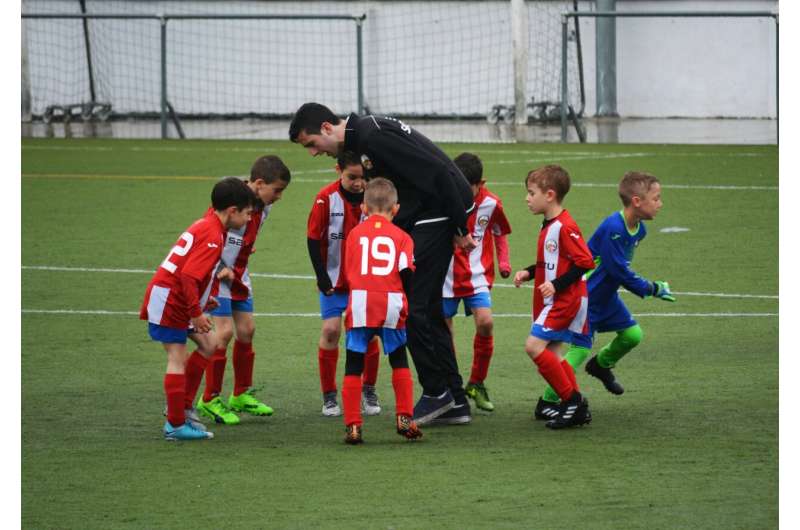How Our Minds Shift Focus in Dynamic Environments: Insights from New Attention Research

Discover how human attention dynamically shifts focus in complex scenarios, guided by goal-oriented computational processes, as revealed by recent Yale research.
Our ability to focus attention significantly influences what we perceive in our surroundings. When walking through a bustling street, for example, we might quickly switch from noticing a striking billboard or a gleaming sports car to concentrating on traffic signals and pedestrian movement. This shifting of attention is fleeting and context-dependent, often dictated by our immediate goals. Recent research by Yale psychologists introduces a new model explaining how the human mind evaluates what information is relevant in complex, ever-changing scenes.
The study, published in the journal Psychological Review, presents a human attention framework that accounts for how we allocate perceptual resources based on task relevance. Assistant Professor Ilker Yildirim explains that humans possess limited perceptual resources, which are used to process elements of our environment through elementary computations. When facing a dynamic scene, our brain dynamically prioritizes certain objects or cues—such as a pedestrian walk sign over moving vehicles—by rationing these computational efforts.
To explore this mechanism, the researchers developed a software system called 'adaptive computation.' This system simulates how our brain selectively allocates perceptual resources, emphasizing goal-relevant objects while ignoring others, thus allowing us to navigate complex scenes efficiently. For instance, when crossing a busy street, adaptive computation will focus on the walk sign, reducing attention to distant cars.
The study involved experiments where participants tracked multiple moving objects of identical color, with their attention shifts monitored using quick visual cues. The adaptive model successfully predicted these rapid fluctuations in attention, confirming its accuracy. Further experiments showed that increasing distractors or object speed made tracking more difficult—a subjective feeling reflected computationally by the model, which exerted more effort on the task.
This research enhances our understanding of human attention, particularly how it filters out non-essential stimuli to accomplish specific goals. It also sheds light on phenomena like the temporary disappearance of peripheral objects, helping researchers design AI systems that mimic human-like focus, prioritizing relevant information while ignoring distractions for safer, more adaptive interactions with the world.
Overall, this work contributes to the development of more human-like artificial intelligence and deepens our understanding of attentional processes that allow us to adapt swiftly to changing environments.
Stay Updated with Mia's Feed
Get the latest health & wellness insights delivered straight to your inbox.
Related Articles
Innovative Developmental Model Reframes Childhood Trauma Memories
A new developmental theory reshapes how experts understand children and adolescents' evolving memories of trauma, emphasizing that trauma perceptions can change over time and influence mental health outcomes.
A Whole-Club Strategy for Promoting Youth Mental Health
A comprehensive, whole-club approach is essential for effective youth mental health promotion in sports clubs. Engaging all stakeholders helps create supportive, inclusive environments that embed mental health strategies into routine practices. Learn how sports organizations can foster sustainability and positive impact.
New Research Links Baby's Social Brain Development to Maternal Postpartum Mental Health
New research reveals how postpartum depression and anxiety in mothers can negatively affect their infant's social brain development during the critical first year of life. The study underscores the importance of maternal mental health for early neurodevelopment and long-term child outcomes.
Rising Number of Michigan Children Losing Parents to Overdose, Suicide, and Homicide
A new study highlights the rising number of Michigan children losing parents to overdose, suicide, and homicide, emphasizing the need for targeted bereavement support and public health intervention.



